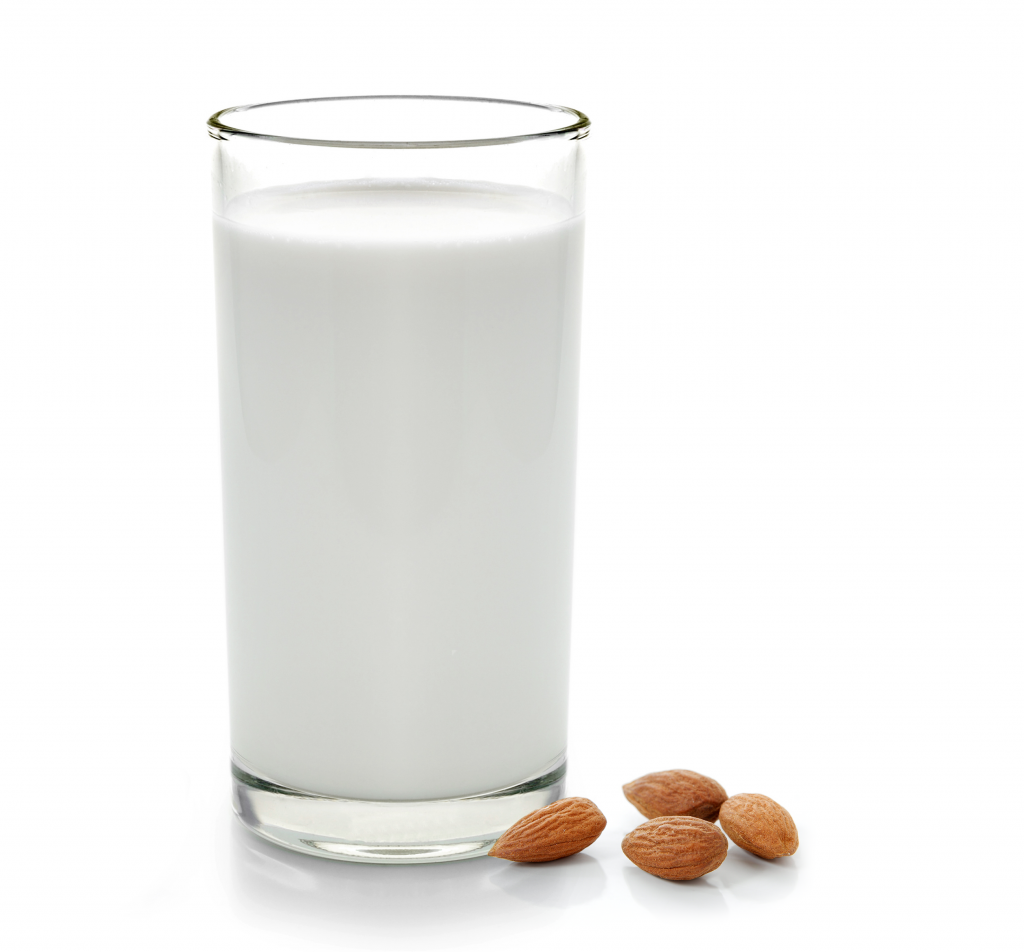 Proponents of “junk food” taxes frequently tout how many lives their statistical models predict will be saved by making tasty food more expensive. But don’t expect them to pay much attention to the projected mortality effects from a meta-analysis study in PLoS Medicine that found that junk food and dairy taxes might lead to more deaths. As the Los Angeles Times noted, “Taxes targeting junk foods in general had the unintended consequence of causing more deaths due to stroke and cardiovascular disease.”
Proponents of “junk food” taxes frequently tout how many lives their statistical models predict will be saved by making tasty food more expensive. But don’t expect them to pay much attention to the projected mortality effects from a meta-analysis study in PLoS Medicine that found that junk food and dairy taxes might lead to more deaths. As the Los Angeles Times noted, “Taxes targeting junk foods in general had the unintended consequence of causing more deaths due to stroke and cardiovascular disease.”
Sure, the authors concluded that taxes reduced consumption of the taxed foods. However they also found that (as we have pointed out before) people don’t respond the way regulators hope. Denmark discovered this same effect with its “fat tax”: after it passed and almost half of Danes began shopping abroad, the country scrapped its tax.
People want things they like and they will get them. It turns out that people just jump to other foods that might also fall under the food nannies’ “bad” label. For example, instead of drinking water, people can drink orange juice which is equal in calories to soda. People may eat less cheese, but they might move to cheap potato chips rather than celery. The tax only lines the government’s pockets; it does not slim the public’s waistlines.
Voters seem to know this. Two soda tax proposals in Democratic-leaning cities in California were defeated by overwhelming margins this past November. Recent national polls show wide opposition. Hopefully, being unwise and unpopular will be enough to kill food and beverage taxes. Unfortunately, that isn’t always enough.




